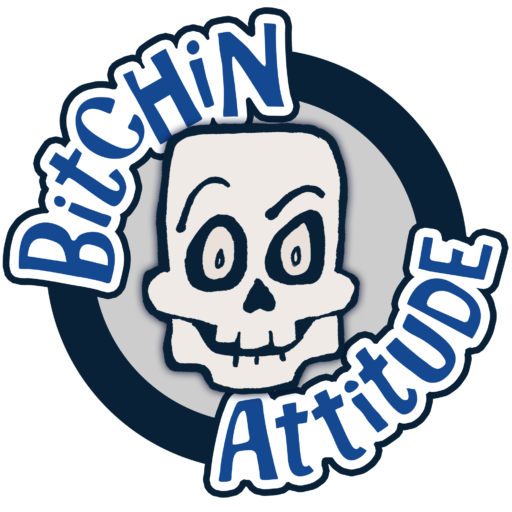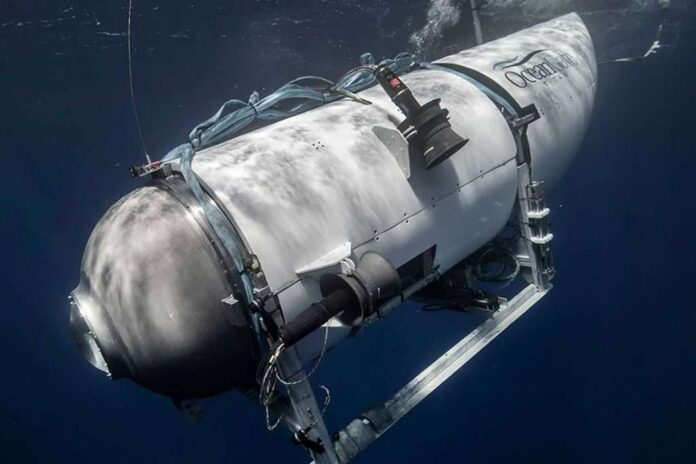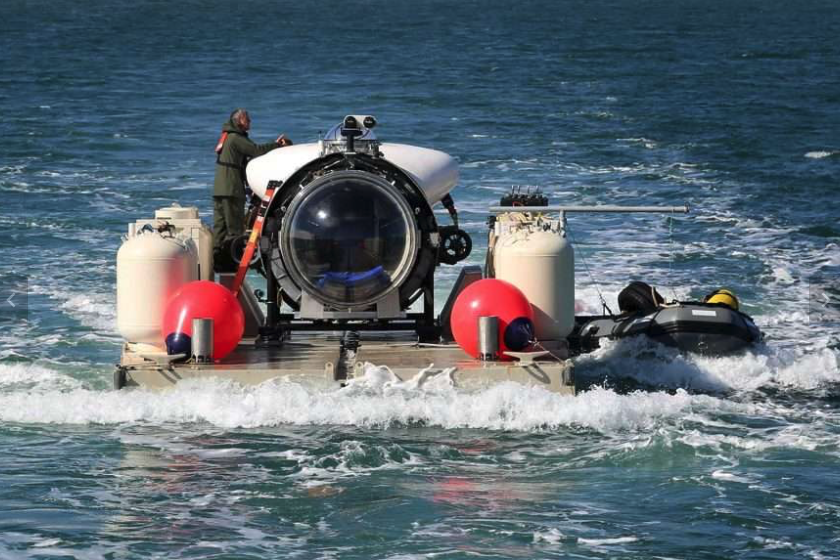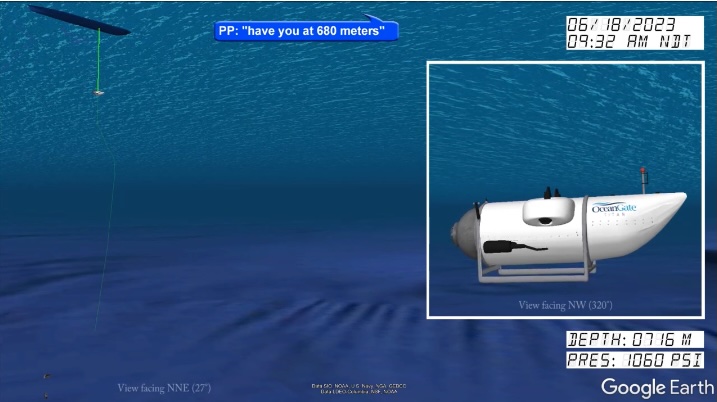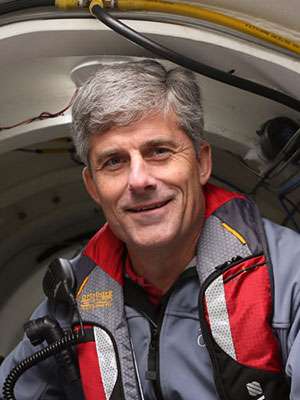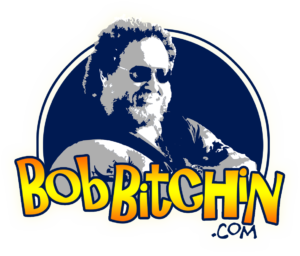The US Coast Guard (USCG) released a National Oceanic Atmospheric Administration (NOAA) audio recording on February, 12 that is believed to be the implosion sound of the Titan submersible of Oceangate infamy. The submersible implosion that occurred on June 18, 2023 made international news and resulting in the loss of all five souls aboard—including Oceangate founder and CEO, Stockton Rush. The failed tourism expedition to the Titanic wreck site off Cape Cod, Massachusetts also lost British adventurer Hamish Harding, French explorer Paul-Henri Nargeolet, and Pakistani businessman Shahzada Dawood with his son Suleman Dawood.
The catastrophe has been both a global cultural touchstone and multi-year, ongoing USCG investigation. What’s often forgotten or overlooked about the saga is that Oceangate was at one point an exciting and lauded Everett, Washington-based manned deep sea exploration company. They were so interesting in fact, I, editor of Best4Boats.com, applied for an open Oceangate position in 2021 and even visited the facility for an interview. Clearly I didn’t get the gig, which admittedly stung at the time.
I was a believer.
Details and speculation of the Oceangate implosion will continue up to, and probably beyond, the final USCG investigation verdict. But I thought I’d share my brief and inconsequential Oceangate experience, less with the aim of breaking news or contributing to a body of evidence and more in the spirit of humanity and adding context to the company in the triumphant years right before the disaster. Perhaps readers may glean a little more understanding about the saga that’s more than simply audio files, courtroom testimonials, and hot takes on social media.
This model was created for the Marine Board of Investigation Titan submersible hearing, Sept. 16, 2024. (U.S. Coast Guard Auxiliary animation by Gary T. Markle)
Job Interview At Oceangate
The deepest corners of the abyss, with all its pure blackness and living horrors, called to me. I answered with a job interview on an unremarkable March 2021 morning. The interested employer? An enticing, up-and-coming deep-sea tourism company called Oceangate in Everett. I drove up from Seattle about as excited as a person can be after my inquiries into an open marine technician position led to this tangible reward. My draw to the abyss was a years-long affliction. Meeting American hero Don Walsh during my past life as a Florida-based fledgling oceanographer only deepened the fascination.
For the uninitiated, it was US Navy submarine officer, Korean and Vietnam wars veteran, and diver Don Walsh who first ventured to the record maximum depth of Challenger Deep on January 23, 1960 with Jacques Piccard in the bathyscaphe Trieste. When I met him, he was a featured speaker at a swanky BLUE Ocean Film Festival in St. Petersburg, Florida. I volunteered at the event for free admission and went to talks with aquatic celebs like Sylvia Earl and more recent Challenger Deep diver James Cameron—his hagiographic documentarian at least. I guess the film festival couldn’t afford Cameron in the flesh. Over a hundred slick, visually gorgeous ocean-themed films were shone over several days. For someone like me who had been educated in oceanography and held a deep interest in boats and the oceans, it was euphoric. Perhaps even psychedelic. But most magnetic to me was old man Walsh himself.
Called the “Yuri Gagarin of the ocean” in Russia with a regular bit “I’m working on a book called Right Stuff, Wrong Direction”, Walsh carried himself like an elder who’d done it all and now just likes to hang out and be positive. A professor emeritus of Humanity University. I don’t want to misquote the guy, but his talk had a lot less to do with science and lot more to do with encouraging confused young people to chase their dreams. There was not one shred of want or envy in him. A human fully realized. Young people ought to seek and bask in such an aura.
“There’s honor in everything you do well,” I recall him saying, insisting goodness and glory aren’t just for those diving to the deepest corners of the sea. Being great is not about chasing greatness. After his talk, I got an autograph from him and he even sketched Trieste, happy to shoot the breeze. I expressed my desire to go to the unknown deep places of the planet. I had a newly minted marine science degree and was trying to figure out what the hell to do with it. I was an unsatisfied, underpaid contract researcher stuck in labs looking at sediments and Excel spreadsheets. I was going insane like a gorilla in a tiny iron bar cage.
“You gotta go for it,” Walsh said, sharing how his legendary trip with Piccard started by responding to a call for volunteers posted on a bulletin board. Stay awake. Strike when the iron’s hot. I incorporated this chat with Don Walsh into my very soul. Walsh’s shimmering form led me to Oceangate’s Everett facility like Obi Wan Kenobi’s jedi ghost guiding Luke Skywalker to Dagoba. All this weird seagoing crap I’ve been doing was finally going to make sense.
At the center of the spellbinding Oceangate mythos was founder and CEO, F-15 flight test engineer, and want-to-be-astronaut turned aquanaut Stockton Rush. My admiration of the man was largely born out of the effusive media praise. From Oceanographic magazine of that year:
“Once upon a time, a little boy dreamt of being an astronaut, then Captain Kirk of the Starship Enterprise, and from there Han Solo, commanding the Millennium Falcon. That same boy took apart his stuffed bear to study the mechanism that made the animal talk. When this boy became a young man, he built his own fiberglass plane from a 600-page manual and a kit, starting in his mother’s garage… With an unusually thick shock of grey hair, chiseled features, and piercing blue eyes, his dynamic energy and witty, mad scientist personality burst forth. Wild genius seeps out from his foundation of California laid-back cool, with a veneer of Seattle style suitability tossed in for the sake of business meetings…”
My fanboy outlook mirrored the naked Dear Leader-style journalism of the writer, melodramatic prose and all:
“’What makes Titan different than anything ever built?’ I ask, setting match to tinder.
Oceangate Titan
Oceangate Titan Photo Credit: Oceangate.com
‘Essentially, the difference is the carbon fiber and titanium pressure vessel. Carbon fiber is used successfully in yachts and in aviation, but it has not been used in crewed submersibles.’ According to Stockton, this is because of fear. He believes there is no room for innovation because of great fear about using new materials. Given how small the submersible manufacturing space is, and how few new subs are made, there is not a lot of motivation for stretching the envelope. Members are either not used to innovation or not welcoming to a new entrant…”
Here was that squared jawed adventurer of vision I yearned to follow. Brilliant maverick. Fearless captain. American innovator. Righteous dissident smashing dogmas. A younger Don Walsh leading the way for my generation. The only thing to fear was fear itself.
Purely out of fear of litigation due to more recent developments, I won’t name the Oceangate employees I interreacted with. At this point I was in communication with a friendly yet professional woman. Let’s call her Veronica. She was in a high level, public facing, people focused position. HR? PR? Both? Veronica’s call and interview setup was a surprise, as I had casually inquired about the position about two years earlier over email. But fate works in mysterious ways, I reasoned. Everything truly epic and glorious has its own timeline. Patience is key. All the folksy, life affirmingisms pushed me forward.
From my email response to Veronica’s voicemail: “…I did apply, if I recall correctly, two-plus years ago. My life’s terrain is a bit different these days, but I’d still like to chat more and see if I’m a good fit for Oceangate’s needs. Regardless of what happens, I’m a big admirer of Oceangate’s adventurous spirit. Keep it up!”
I entered the building, essentially a warehouse in the heart of Everett’s maritime business park. The lobby was slick and corporate. Yacht brokerage chic. Veronica greeted me warmly. I waited for a few minutes in my one nice white shirt (that probably needed ironing) and slacks. Then I was summoned into a board room. Doors shut with a click. Two middle aged men were waiting for Veronica and me. The two headed up the engineering and marine operations side of things.
Bottom line, we hit it off. I was very honest about my lack of professional submersible experience, but my eclectic array of aquatic, client relations, and writing-communications jobs was attractive. Rather than a sub pilot, they had need of surface operations and customer relations support. A dependable crewmate who helps get the towed submersible to the site, deploy, then recover. This person would also be the best pal of the clientele, keeping them happy no matter what. These customers, millionaires and maybe billionaires, wanted to go to the Titanic as a top-quality experience. This customer base could be doing literally anything else on Earth to get their kicks from blasting a tiger between the eyes from a helicopter to buying a new yacht for global excursions and decadent parties with escorts. Yet here they were, going to sea with Oceangate. A friendly, but also hyper competent and well rounded, individual was necessary. Part oceanographic crew, part best friend.
I was so in.
I turned up the charm and got them to loosen up. Chuckle. The interview morphed into a pleasant conversation. Body language relaxed. Ultimately the interview was over and I thanked them for their time. One of the operations-engineering guys offered to give me a tour of the facility and I enthusiastically agreed. Let’s call him Gary. He led me through a door or two. Bam! There she was. Titan.
By spring 2021, Titan was one of the planet’s notable manned submersibles. The hype was peak as the whole company prepared for its first trips to the Titanic. Oceangate reported a successful Titan dive to Titanic depth of 12,336 feet in the Bahamas in April, 2019. Systems seemed go and Oceangate was on top of the world thanks to this one miracle machine. The media gushed over the explorers on the cusp of hard-won victory. Heck, an Oceangate submarine even took musician Macklemore under for Discovery Channel’s Shark Week.
Titan was essentially a carbon fiber tube on skids with a window out the bow and teardrop shaped stern. She was a unique looking craft only made possible by the hot new building material of our age—carbon fiber. Especially during the 2010s of its mainstream debut, the wonder material was the future. A real-life mithril with no weaknesses that could do anything. The economics were good too, nothing to scoff at in our capitalist society. Humans figured out how to make good submarines years ago—it was the economics of it all that rarely added up for mainstream tourism.
Gary was a good guy who clearly appreciated my wide-eyed enthusiasm. He pointed out the ballast system. The seals, points of weakness, were constantly checked and tested. I got the rundown on the tethering system and launch platform. I held one of the game controllers that piloted the entire craft, the ingenuity of using such an affordable solution genius in my view. Don Walsh the aquatic jedi ghost nodded with approval.
Gary then led me to the open office space where at least a dozen youngish folks were quietly typing away on keyboards in a cavernous section of the facility. The setting was more like a machine shop than an office. I nosily glanced over shoulders to see CAD renderings of submersible components. Everyone was so quiet and focused; I was impressed and a little intimidated. I was in the NASA launch room, a yokel gawking at the geniuses exploring the universe.
One of them approached Gary and it was time for me to shake hands and exit. He was off on some important task. These aces were about to conquer the Titanic, ultimately making it accessible for the first time for the general public. Sure, it’d be cost prohibitive at first. But as they raked up successes and built more subs, the cost would come down. Maybe the current $110,000 price tag would become $11,000. Then $1,100. Someday, maybe, normal people could do extraordinary things too.
In the moment I exited Oceangate, they were my SpaceX.
A few follow up emails with Veronica were next. She asked about my availability to do some parttime shop and inventory work. Unfortunately, I was tapped out as a deckhand-naturalist for the summer on a charter yacht in Alaska. Commuting to Everett for a handful of regular hours doing shop inventory for minimum wage was going to be hard to pull off. “Hell yes, I’ll do anything!” was probably the right answer, because this is the last email I got from her in April 2021, a month or two before I was Alaska bound:
“Thank you for your excitement and interest in assisting our team as we ready ourselves for the 2021 Titanic Survey Expedition.
We have identified a candidate who will be able to come aboard temporarily for the next 2 months to assist with the aforementioned tasks. Next Monday we will be at the roundtable to discuss any further needs and I will make certain to mention you and your capabilities for any other identifiable needs.
It was a great pleasure to meet you, and I hope our paths cross again (possibly in the near future).”
I guess that roundtable discussion didn’t go my way. Oceangate would go on to make history that summer, reaching the Titanic multiple times with paying clients. I read the effusive coverage through the rest of the year and after their successful 2022 summer dive season like a bitter ex. How dare they be so cool and sexy without me!? Don Walsh’s jedi ghost abandoned me.
I kept on doing what I’d been doing, namely trying to get the dollars to add up by hopping on boats and writing. There was no history making dive for me. I led kayak paddles and plated filet mignon and scrubbed deck on that Alaskan charter yacht. I towed piles of toxic superfund dirt on a tugboat from Kodiak to Seattle. I sailed to fourth place with a couple of Aussie blokes in the Race to Alaska. I did my best not to neglect my pretty old sailboat, living on and off her as needed. My first book debuted to minor, but prideworthy, acclaim and my magazine writing racked up awards and recognition. Occasionally the times were fat and I could buy everyone the drinks. Most times not so much. Cheap tequila at home brought solace and introspection.
I realized life, both inherently and the one I was actively sculpting, was rich. The abyss was the abyss, an amazing place that still captivated me but not a romantic dimension that held magical keys to self-realization. There is no shortage of sacrifice-worthy adventures and challenges at which to thrown oneself. More so than trying to be Don Walsh, which is impossible, I was taking his spoken advice to heart. There is honor in everything we do well.
As time went by my occasional Oceangate news check-ins were more of a passing curiosity. I wasn’t going to be a part of their adventures but was still interested in what they were going to get into next. Then came June 18, 2023, when unbeknownst to the public until now, a NOAA buoy recorded a whispered sound reverberating from the depths, which too quickly became an eerie silence.
